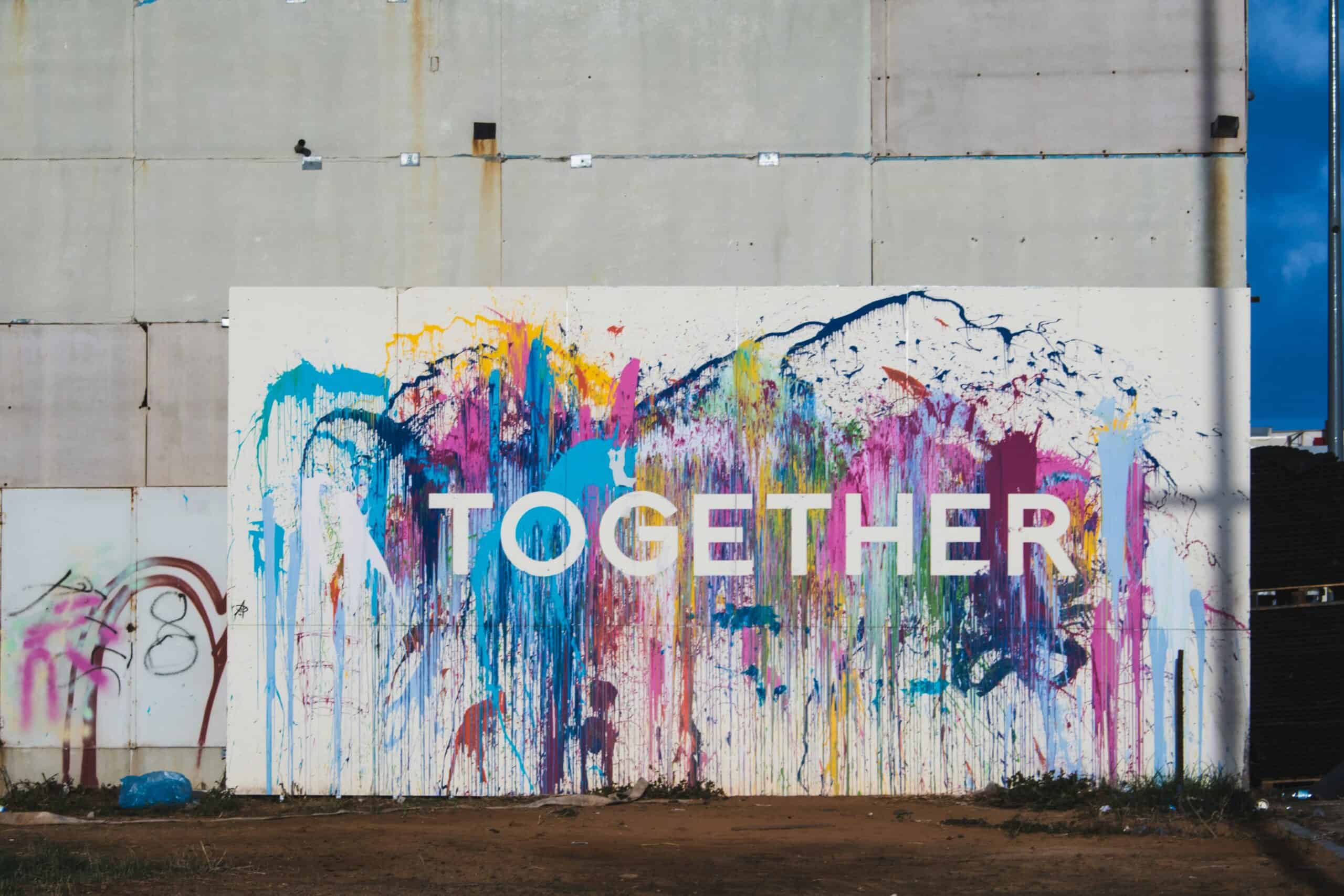Grief isn’t only felt when someone we love passes away. We experience grief when we lose a job, face a crisis of identity, or learn that the future we envisioned for our child is forever changed. Grief is complicated—it’s sadness, anger, fear, regret, and confusion, all rolled into one. Each person experiences grief differently, making it even harder to connect when we desperately need to. When one person is stuck in sorrow and another in nostalgia, there’s a disconnect. We ask ourselves, “Why aren’t you sad?” or say, “Just remember the good times.” We crave companionship to ease the burden of intense emotions, but instead, we often isolate, believing no one else understands.
This isolation, though common, deepens the pain, especially when grief hits an entire family or care team simultaneously, such as after a child’s difficult diagnosis. The months or even years leading up to a diagnosis can be agonizing, filled with uncertainty and fear. During that period, anything seems possible, and the mind often imagines the worst.
I experienced this firsthand when my six-year-old daughter was diagnosed with epilepsy. It wasn’t the dramatic seizures you might picture; she simply began falling frequently. Suddenly, we were thrust into a world of endless tests and specialists—blood work, genetic testing, MRIs, EEGs, X-rays—each appointment feeding our anxiety. But this story isn’t about her diagnosis; it’s about how my wife and I handled our grief during that overwhelming period, and what we learned we needed to do to ensure we didn’t face it alone.
My wife and I approach life’s uncertainties very differently. She copes by gathering information, reading extensively about all possibilities, preparing herself mentally for whatever comes. I, on the other hand, prefer to wait until we have concrete answers before facing possible realities. Both strategies are valid, but in practice, they’re miles apart. My wife was quietly devastated, often crying herself to sleep, while I appeared unbothered, seemingly detached. In reality, I was terrified but unwilling to confront fears prematurely.
This difference created tension. Conversations became transactional—we discussed logistics, next steps, appointments—but avoided discussing our feelings. We each buried our grief in ways that protected ourselves individually but isolated us from each other. It felt safe in the moment but created emotional distance that hurt deeply.
Realizing what was happening between us was difficult but crucial. Eventually, we reached a breaking point and decided we had to talk about it. It wasn’t easy; in fact, it was one of the hardest conversations of our marriage. The emotional pain felt physically heavy, but in that vulnerability, something shifted. Talking openly about our fears, expectations, and how differently we were coping drew us closer. We found comfort in understanding each other’s grief rather than silently judging each other’s coping mechanisms.
Why share this story? Because your grief is valid, complicated, and exhausting. Isolation, though tempting, only magnifies pain and creates barriers between you and the people you rely on. Grief isn’t something you should carry alone, especially when others around you share the experience.
I won’t promise that having one difficult conversation fixes everything—it doesn’t. My wife and I actively practice open communication. The important thing we learned is to step back from our own expectations and assumptions. When we project our ways of grieving onto someone else, we invite misunderstanding, judgment, and criticism, complicating an already painful situation.
Instead, anchor yourself in acceptance. Remember that everyone copes differently. The critical conversations aren’t about agreeing on how to grieve but about acknowledging each other’s pain openly. These conversations become a lifeline, ensuring you and your support network remain connected through even the toughest situations.
This lesson isn’t just for spouses—it applies to everyone in your support system, whether it’s a co-parent, a grandparent, or a close friend. Recognizing and respecting different grieving processes helps everyone involved. It strengthens bonds, reducing isolation and making collective coping more manageable.
As hard as these conversations may feel, no other step is as vital. Your grief matters, and navigating it together, rather than alone, makes the path forward more bearable for everyone.

Leave a Reply